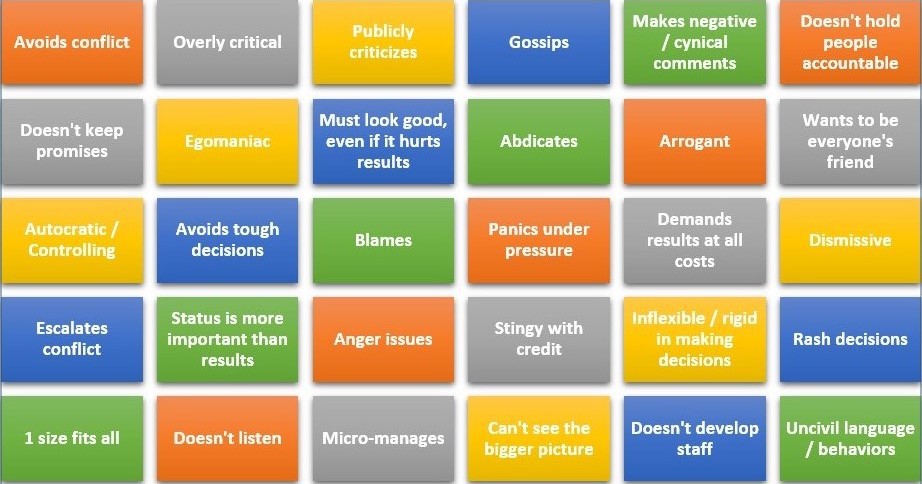Scene: Organization-wide meeting. Celebrating success. 350+ in attendance. Site leader introduces new division president in attendance, “…now Cindy will be feeding you all tube steaks later on.”
You could have heard a pin drop for about 3-seconds prior to the subsequent grins and giggles. The site leader learned the hard way that a “tube steak” was not a “hotdog” in South Carolina!
You too may have experienced one of these OMG moments at some point in your career, walking away scratching your heads thinking “what the hec’ where they thinking!” Infelicitous moments like these are not likely to propel your career, improve your results, reputation, relationships, nor influence.
We all have likely worked with others who for the most part were very successful, if not down-right impressive with their technical or leadership ability. It is funny though, that despite this success, there always seems to be that one thing. You know, that one thing, that 1 behavior when you sit back at the end of the day and wonder – what if? What if this person could only stop (or start) this behavior? They would be unstoppable!
Highlighted below are examples of behavioral blind spots. Do any look familiar to you, your team, or your organization? What colleagues come to mind?

So what is the behavioral blind spot that is hindering or possibly derailing your career?
What do you need to stop doing or start doing to break through and move on to the next level?
What is that one thing that will have the greatest impact on your performance?
Here are 3 tactics to get started now:
1. Personally conduct a verbal 360° assessment with the following powerful questions:
- “Tell me 3 things that you want me to continue doing.”
- “Tell me 1 thing you would like to see me start or stop doing.”
- “What other insight would you be willing to share with me?”
A trusted advisor or coach should also be able to do this effectively. This exercise will quickly reveal themes for you to consider improving upon a specific blind spot.
2. Describe your vision of what becomes possible for you when the new behavior is a habit and the old behavior holds less power over you.
3. Reward Yourself: Create a list of how you will reward yourself when you act out of choice with the new behavior, instead of automatically with the old one.
Creating a great workplace or taking yours to the next level often begins with new behaviors requiring simple reflection, but bold and courageous action. Improving individual or team performance, changing a culture, or just getting others more involved, requires insight and discipline to focus on that one thing. Find it!



Leave A Comment